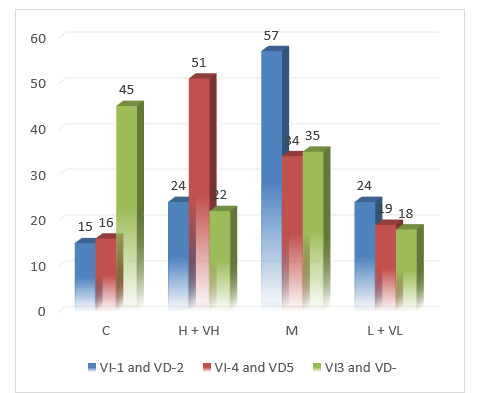Plithogenic Statistical Analysis of Labor Demand and its Impact on Stability in the Floricultural Sector
Keywords:
Recruitment policies, job stability, labor sustainability, labor market, plithogenic statisticsAbstract
The floricultural sector faces significant challenges concerning job stability, primarily due to fluctuations in demand, policies, and recruitment capacity. This study aims to analyze the relationship between various factors influencing employability and labor sustainability within the economically active population in this sector. A plithogenic statistical analysis was conducted, utilizing observed and expected frequencies to examine the interrelationships among the variables. The results revealed that labor demand directly impacts job stability, contributing to increased unemployment and underemployment. Additionally, recruitment and retention policies were found to have a limited effect, largely due to the high dependency on agricultural labor. It was concluded that adjustments to recruitment strategies and the diversification of labor opportunities are essential to enhance job stability and sustainability in the floricultural sector.
Downloads

Downloads
Published
Issue
Section
License
Copyright (c) 2024 Neutrosophic Sets and Systems

This work is licensed under a Creative Commons Attribution 4.0 International License.


